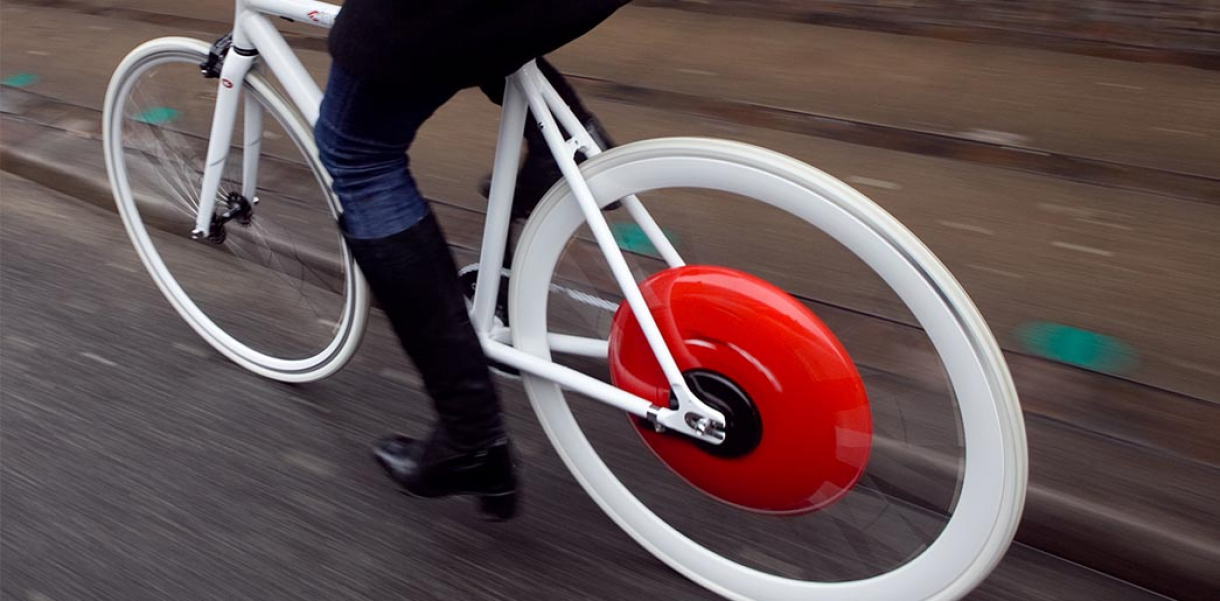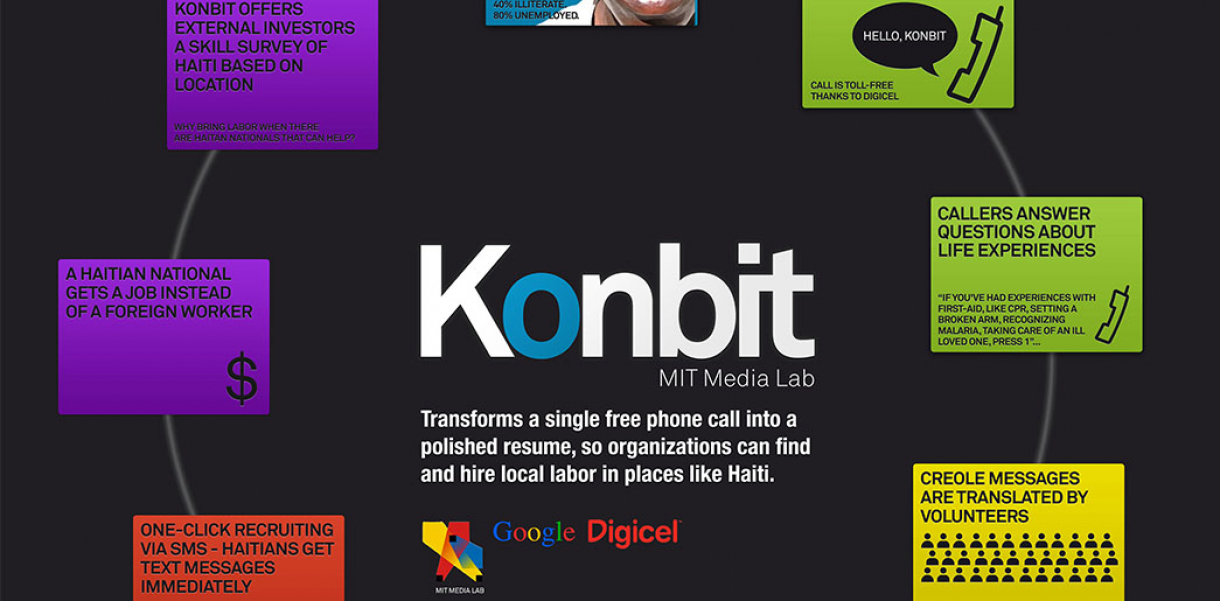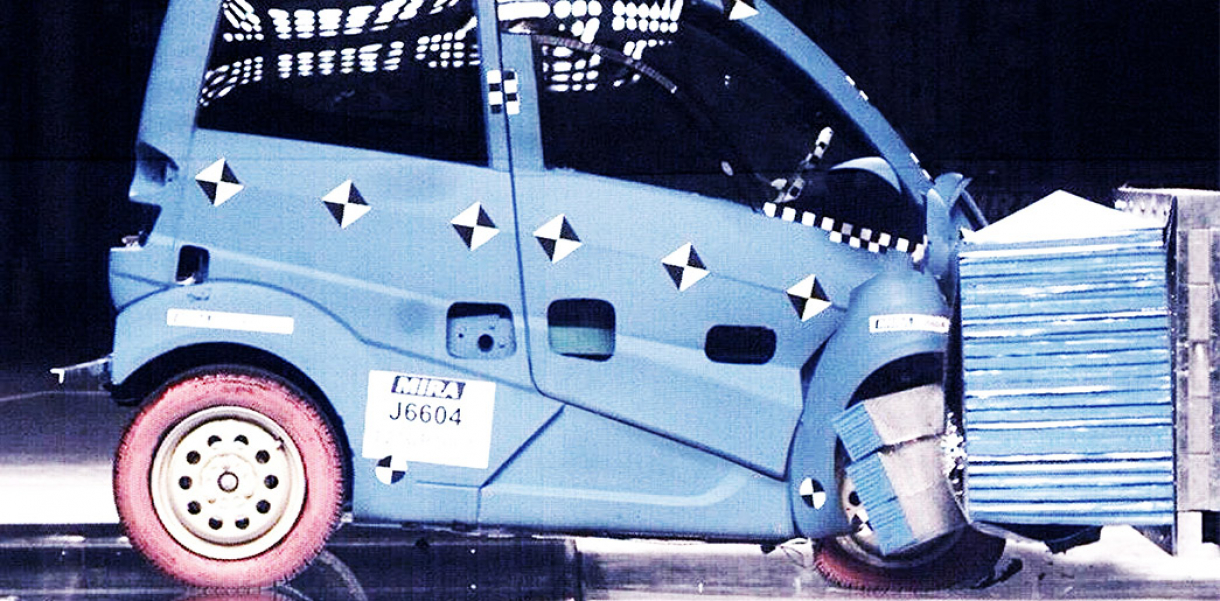Transportation poses an ongoing dilemma: It is necessary for economic development, and yet it has immense environmental impact. The Copenhagen Wheel aims to address this issue by providing a combined technical, behavioral and systemic solution.
The wheel is perfect for individuals—the elderly, the physically impaired, the design-savvy, or those with a long or hilly commute—but can also be used in shared bike fleets—for bicycle and parking police, municipal workers or the general public. Beyond being a vehicle that gets you from A to B, it is also a smart sensing device. Sensors inside the wheel gather information that help you pick less polluted bike routes, achieve exercise goals or challenge others to ride more. The wheel uses a technical solution (a motor and batteries with regeneration capabilities) to help people overcome distance and topography and a real-time data network and a series of cycling-related mobile applications to support city infrastructure creation and foster a sense of safety. Unlike other e-bikes on the market, The Copenhagen Wheel is designed to be a plug-and-play device that makes the cycling experience more fun.
Lastly, when many cyclists donate the data their wheel collects, cities gain access to unprecedented, fine-grained environmental information that can impact resource allocation or the implementation of environmental and transportation policies.
Designed by
Christine Outram - Australia, Carlo Ratti - Italy, Assaf Biderman - Israel, Vincenzo Manzoni - Italy, Xiaoji Chen - China, Roon E. Kang - United States of America, Mark Yen - United States of America, Jennifer Dunnam - United States of America, Myshkin Ingawale - India, Ari Kardasis - United States of America and Andrea Cassi - Italy






